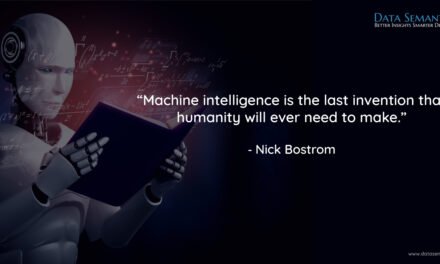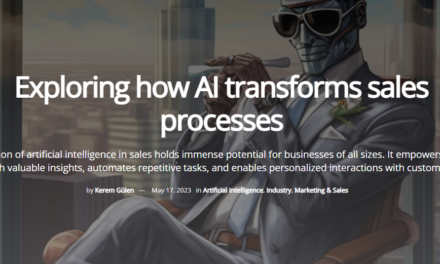1. Automating Routine Tasks
One of the primary benefits of AI is its ability to automate repetitive and mundane tasks, freeing up valuable time for employees to focus on more strategic and creative activities. In 2024, businesses can leverage AI-powered software and tools to automate various routine tasks such as data entry, customer support, and inventory management. This not only increases productivity but also reduces the likelihood of errors, leading to improved operational efficiency.
2. Enhancing Customer Experience
AI can play a crucial role in enhancing the overall customer experience. In 2024, businesses can leverage AI-powered chatbots and virtual assistants to provide personalized and real-time support to customers. These AI-driven systems can understand customer queries, provide relevant information, and even perform transactions, ensuring a seamless and efficient customer experience. Additionally, AI can analyze customer data to identify patterns and trends, enabling businesses to offer tailored recommendations and personalized marketing campaigns.
3. Improving Decision-Making
AI can analyze vast amounts of data and extract valuable insights, empowering businesses to make informed decisions. In 2024, businesses can leverage AI algorithms and machine learning models to analyze market trends, predict customer behavior, and optimize pricing strategies. By harnessing the power of AI, organizations can gain a competitive edge by making data-driven decisions that lead to increased profitability and growth.
4. Streamlining Operations
In 2024, businesses can use AI to streamline their operations and improve efficiency. For instance, AI-powered algorithms can optimize supply chain management by predicting demand, optimizing inventory levels, and identifying potential bottlenecks. AI can also be used to automate quality control processes, detect anomalies, and identify areas for improvement. By leveraging AI in operations, businesses can reduce costs, minimize wastage, and optimize resource allocation.
5. Enabling Innovation
AI can be a catalyst for innovation by enabling businesses to develop new products and services. In 2024, businesses can leverage AI to analyze market trends, consumer preferences, and competitor strategies to identify untapped opportunities. AI can also assist in the product development process by simulating various scenarios, optimizing designs, and predicting performance. By embracing AI-driven innovation, businesses can stay ahead of the curve and meet the evolving needs of their customers.
Conclusion
In 2024, the integration of AI into business operations will continue to accelerate, offering numerous opportunities for organizations to enhance efficiency, improve decision-making, and drive innovation. By leveraging AI to automate routine tasks, enhance customer experience, improve decision-making, streamline operations, and enable innovation, businesses can position themselves for sustainable growth in the dynamic and competitive landscape. Embracing AI in 2024 will not only provide a competitive advantage but also pave the way for future success.
Waitage
volume
effects
















